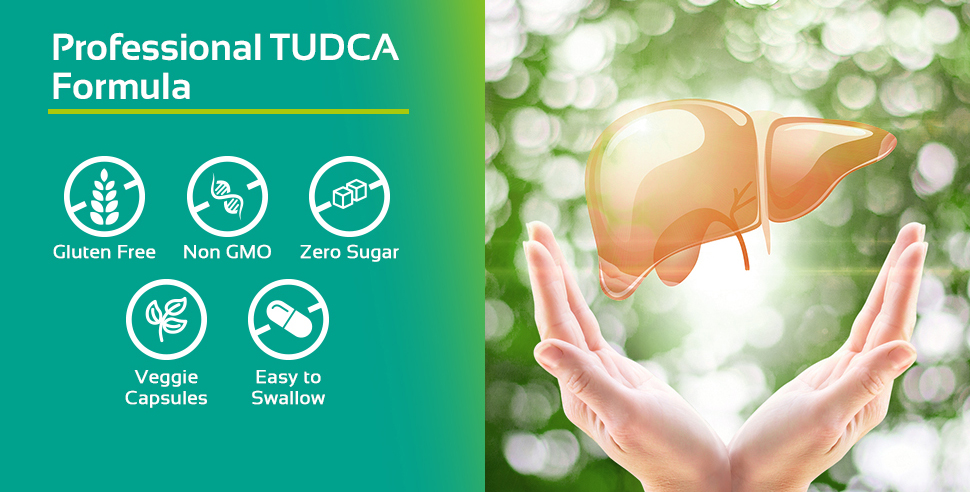TUDCA (Tauroursodeoxycholic acid) is a bile acid derivative that has gained attention for its potential therapeutic benefits in various health conditions, including diabetes and its complications. While most research on TUDCA has focused on its ability to support liver health, reduce inflammation, and protect cells from damage, there is some evidence suggesting it may help with diabetes-related complications, particularly those involving the liver, kidneys, and nerves.
How TUDCA might help with diabetes complications:
1. Liver Protection:
- People with diabetes, especially those with long-standing uncontrolled blood sugar, are at an increased risk of fatty liver disease (NAFLD) and non-alcoholic steatohepatitis (NASH). TUDCA has been shown to improve liver function and reduce liver fat accumulation, potentially improving metabolic control and reducing liver-related complications in diabetic patients.

2. Insulin Resistance:
- Some studies suggest TUDCA might help reduce insulin resistance, which is a central issue in Type 2 diabetes. It does this by promoting better cellular function and reducing stress on the endoplasmic reticulum (ER), which can become overwhelmed in metabolic diseases like diabetes.
3. Kidney Protection:
- Diabetic nephropathy (kidney damage) is another common complication of diabetes. TUDCA’s anti-inflammatory and anti-apoptotic effects may help protect kidney cells from damage due to high blood sugar, oxidative stress, and inflammation.
4. Neuropathy:
- Diabetic neuropathy is a nerve damage condition caused by chronic high blood sugar levels. TUDCA’s potential neuroprotective properties could theoretically help protect nerve tissue from damage and reduce the severity of diabetic neuropathy.
5. Cellular Stress Reduction:
- TUDCA has been shown to reduce endoplasmic reticulum (ER) stress, a cellular condition often exacerbated by metabolic diseases, including diabetes. By reducing ER stress, TUDCA may help improve overall cellular function and reduce the risk of complications.

Current Research and Considerations:
While some animal studies and small human trials suggest promising results, there’s still a need for more large-scale clinical trials to confirm the effectiveness of TUDCA in treating diabetes complications. It’s always a good idea to consult a healthcare provider before starting any new supplement, especially if you’re managing diabetes or related complications, to ensure there are no contraindications or potential interactions with your current medications.
If you’re specifically looking at TUDCA for diabetes management, I’d recommend discussing it with your healthcare team for personalized advice.
